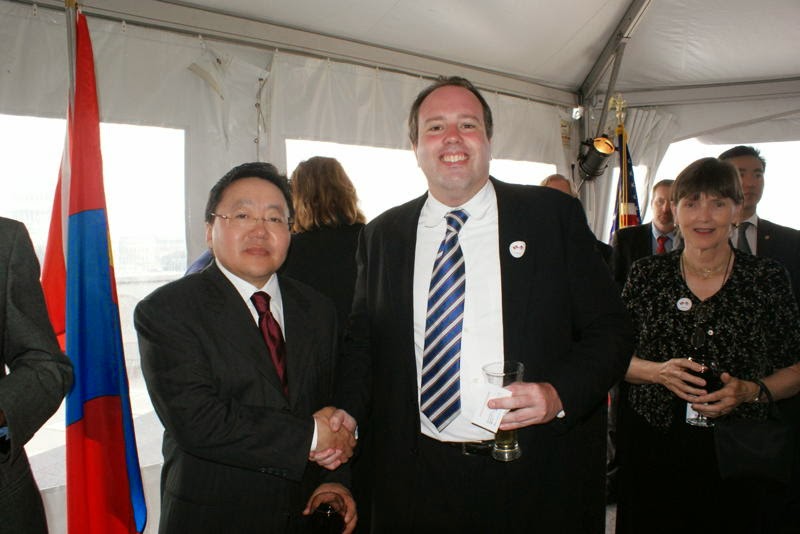Vietnam sees the lifting of the 50-year-old US arms embargo as an opportunity to securely access a flow of advanced American technology for the next generation and to buy F-16 combat jets to patrol the South China Sea, US experts on East Asia told Sputnik.
WASHINGTON (Sputnik) — "The Vietnamese want F-16s," Eurasian Business Coalition (EBC) Vice President Ralph Winnie said. "That is what they would like to patrol the South China Sea."

© SPUTNIK/ MAKSIM BOGOVID
"The Vietnamese would like to focus on developing joint venture partnerships with the United States to ensure technological progress over the next 10 to 20 years. The idea would be to gain access to US and Western technology on a reliable and sustained long-term basis," Winnie stated.
Although Vietnam’s direct relations with China were deteriorating, Hanoi still looked to Beijing as its model for maintaining control over a centralized, militarily-strong society while applying free market competition to achieve long-term economic growth, Winnie pointed out.
"Vietnam is modeling itself on China’s example of a capitalist economic system and an authoritarian or centralized political system with which China has been able to transform its economy into one of the greatest in the world. They are looking to transfer technology from the West," he said.
However Vietnam was increasingly alarmed by China’s growing assertiveness over its sovereignty rights in the South China Sea, known in Vietnam as the East Sea. These concerns rested on a long historic record of mutual suspicion and distrust between Beijing and Hanoi, Winnie recalled.
"The two countries fought a bloody mini-war in 1979 with thousands of casualties on both sides. Since then, Vietnamese-Chinese relations have been bumpy, to say the least," he observed.
Vietnam’s leaders feared their fisheries and oil and gas resources in the South China Sea were coming under threat, Winnie said.

US veteran foreign policy analyst and author Joe Lauria agreed with Winnie’s analysis and noted that the growing ties between Hanoi and Washington fulfilled a prediction famous political scientist Hans Morgenthau made back in 1970.
"During one of his lectures in Spring 1970, Morgenthau predicted that the Vietnam War would end, that the United States would lose the Vietnam War and leave Vietnam, but that someday Vietnam would invite the United States back in in order to counteract China," Lauria recalled.
The lifting of the US arms embargo confirmed Morgenthau’s prediction, Lauria concluded.
